We love to joke about our pets being clueless—chasing their tails, staring at walls, or barking at the vacuum like it’s a sworn enemy. But don’t be fooled by the goofy antics. Behind those innocent eyes and silly quirks, many animals are carrying around instincts and problem-solving skills that could put most humans to shame. From dogs who can detect diseases to birds that memorize hundreds of words, these so-called “dumb” pets are hiding serious brainpower. Here are 14 pets that prove they might be playing us more than we realize.
1. The Forgetful Dog

Your dog might seem like it can’t remember where it left its toy, but don’t be fooled by those puppy-dog eyes. Dogs have a knack for understanding human emotions and can pick up on your mood by reading facial expressions and body language. According to a study published in Science, dogs not only understand where you’re looking but can also interpret the emotional content of your gaze. So the next time Fido appears puzzled, know that he’s assessing your emotional landscape with the precision of a seasoned psychologist.
While it might appear that dogs are simply forgetting, they often use these moments to redirect your attention. That forgotten toy suddenly becomes a tool for eliciting playtime with you or gaining extra affection. Dogs are adept at using what seems like cluelessness to their advantage, turning a forgotten fetch into a cuddling session. So, while you think you’re guiding the interaction, it’s your furry friend who’s orchestrating the scene.
2. The Languid Lizard
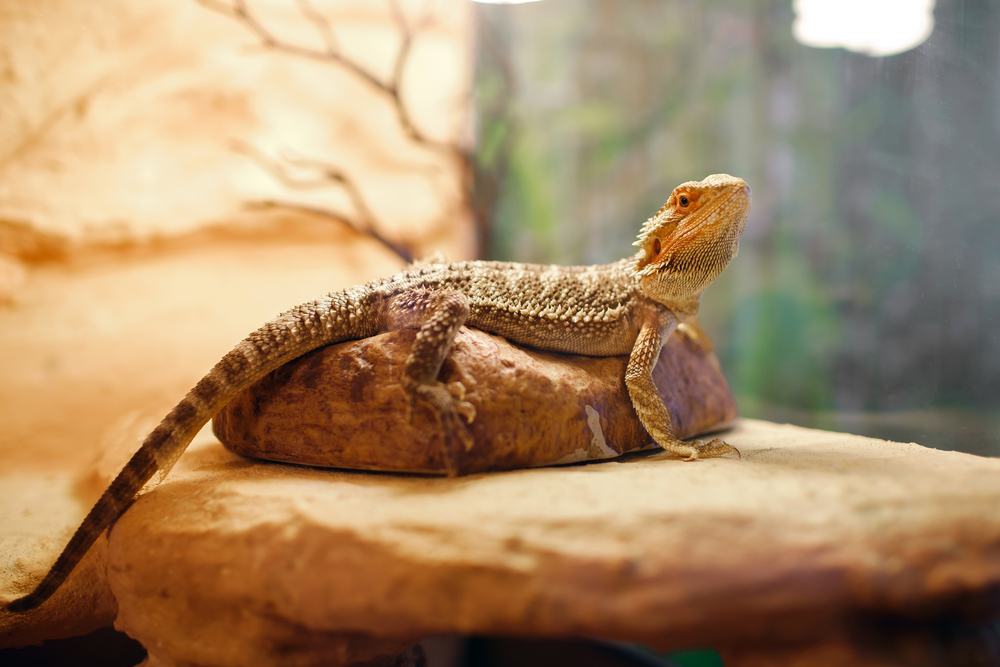
Lizards basking on rocks might appear sluggish and a bit daft, but these reptiles are experts at energy conservation. By mastering the art of minimizing movement, they avoid unnecessary exposure to predators while maximizing the absorption of solar energy. This seemingly lazy behavior is a tactical maneuver, allowing them to efficiently manage their resources and thrive in harsh environments.
Don’t be surprised if your pet lizard seems less than enthusiastic about performing tricks. Unlike dogs or cats, lizards have evolved to survive by doing as little as possible. This strategy keeps them from expending energy that might be needed for crucial activities like hunting or escaping predators. While it might not make for entertaining pet antics, it’s a brilliant survival tactic.
3. The Mischievous Cat

Cats have long held the reputation of being aloof and standoffish, yet beneath that mysterious exterior, there’s a sharp intelligence at play. A Current Biology study discovered that cats can actually remember where hidden food is located for up to 16 hours. Despite their indifferent demeanor, they’re constantly monitoring their surroundings and engaging in complex problem-solving tasks.
That perfectly timed leap onto your keyboard isn’t just about inconvenient affection; it’s a strategic play for attention. Cats are masters at manipulating their environment to get what they want, whether it’s food, a warm spot, or your undivided attention. Often, they use their apparent aloofness as a smokescreen, ensuring they maintain control over their human counterparts. So, while they might appear indifferent to your commands, they’re keenly aware of how to push your buttons.
4. The Playful Parrot
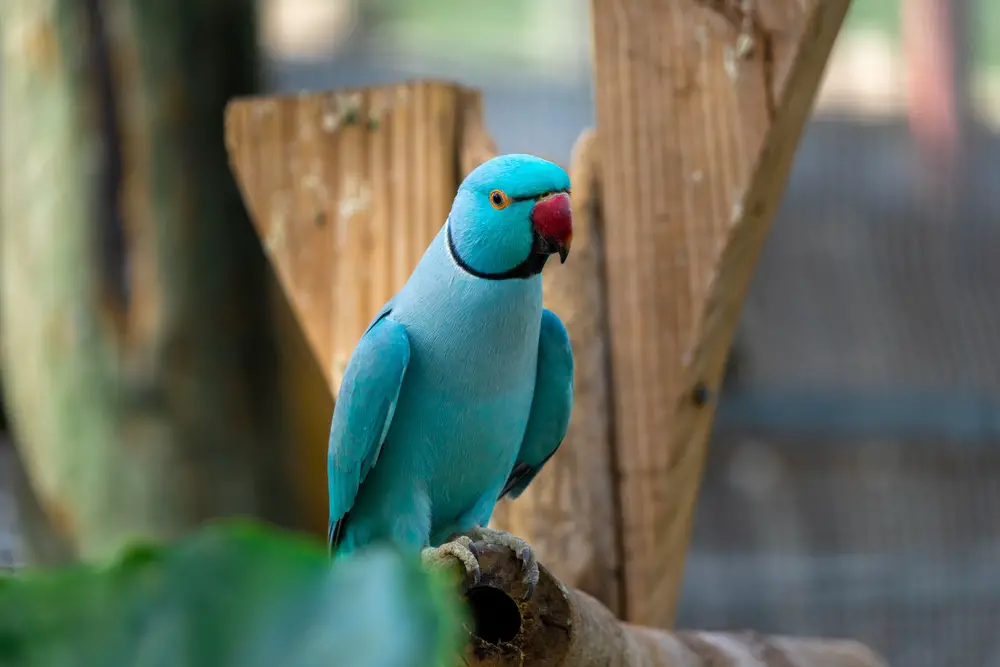
Parrots are well-known for their ability to mimic human speech, but these birds have cognitive capabilities that far exceed mere repetition. They can understand concepts like shape, color, and quantity, and some even display problem-solving skills akin to a toddler’s. The ability to use tools and engage in complex social interactions showcases their advanced intellect.
While it might seem like your parrot is merely showing off, it’s actually demonstrating sophisticated social behavior. These birds are not only communicating but also reinforcing bonds with their human companions. Parrots frequently use their vocal abilities to mediate relationships, ensuring they remain integral parts of their social groups. So, next time your parrot chats away, remember it’s more than mimicry; it’s a form of engagement designed to enhance social cohesion.
5. The Crafty Crow
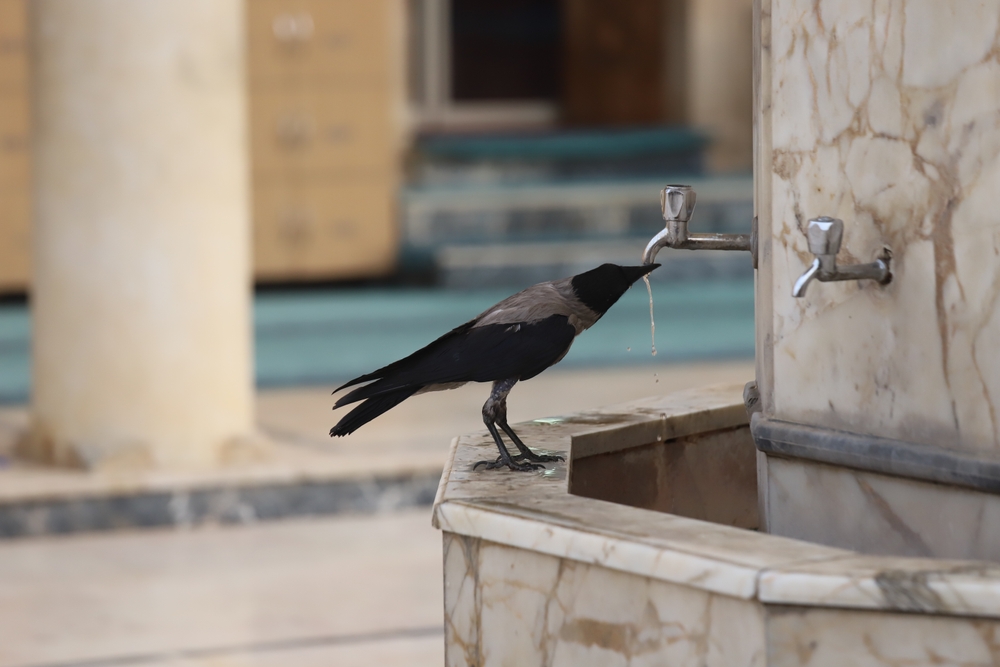
Crows are often dismissed as noisy nuisances, but their intelligence rivals that of some primates. Researchers from the University of Washington have found that crows have the ability to recognize human faces and can remember those who pose a threat. They even teach their offspring to be wary of dangerous humans, showcasing their complex social learning skills.
Consider the crow’s apparent lack of fear while scavenging in urban environments. It’s not about recklessness but rather calculated risk-taking based on experience and observation. These birds have adapted remarkably to human environments, using our structures and habits to their advantage. So, while you may see just a bird cawing at your window, it’s actually part of a sophisticated network of avian intelligence.
6. The Sly Snake
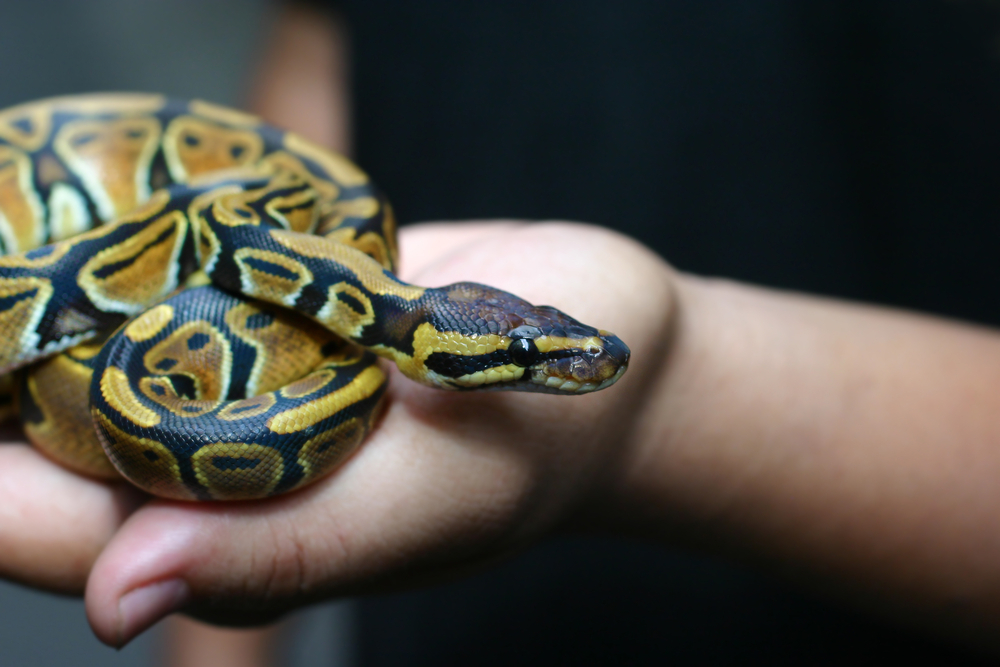
Snakes might not have the playful antics of cats or dogs, but their ability to outwit prey and predators alike is a testament to their cunning nature. With a wide variety of hunting strategies, from ambush to active pursuit, snakes can capture and subdue animals much larger than themselves. Their acute sense of vibration and heat detection allows them to navigate their environment with deadly precision.
While you might think your pet snake is just lying around, it’s actually carefully calculating its next move. Snakes conserve energy in the wild by remaining still, blending into surroundings, and waiting for the perfect moment to strike. In captivity, this behavior translates to a serene, almost meditative presence, belying their predatory instincts. Despite their limbless bodies, snakes are masters of stealth and finesse.
7. The Deceptive Dolphin
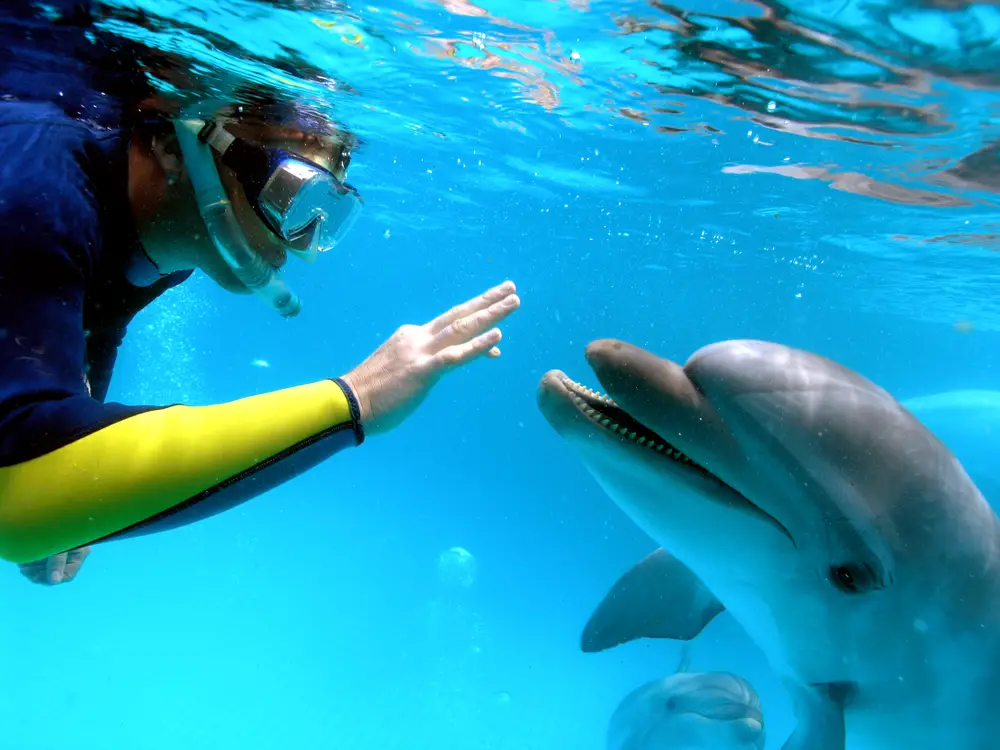
Dolphins are often celebrated for their playful nature, but there’s a depth to their intelligence that goes beyond entertaining tricks. According to a study by the Dolphin Communication Project, dolphins exhibit self-awareness and complex social structures similar to those of humans. They engage in activities that suggest a high level of cognitive functioning, such as problem-solving and cooperation.
These marine mammals are experts at manipulating their environment, using tools and engaging in cooperative hunting strategies. When you see dolphins performing in aquariums, it’s not merely a display of learned behavior but a testament to their understanding and adaptability. They use their intelligence to navigate complex social hierarchies in the wild, maintaining intricate relationships within their pods. So, the next time you watch a dolphin show, recognize it as a display of remarkable cognitive ability rather than simple mimicry.
8. The Wily Raccoon

Raccoons, with their masked faces and dexterous paws, are the burglars of the animal kingdom. They possess a remarkable ability to solve puzzles and open complex locks, skills honed by their curious nature and opportunistic feeding habits. This intelligence allows them to thrive in urban areas, where they navigate human environments with ease.
While they might be unwelcome guests rummaging through garbage, raccoons exhibit a level of problem-solving that would make any human proud. Their adaptability to various habitats reflects their keen observational skills and learning ability. Raccoons use their intelligence to exploit resources, making the most of any situation they encounter. So, while they might seem like pests, they’re actually resourceful survivors.
9. The Resourceful Rat
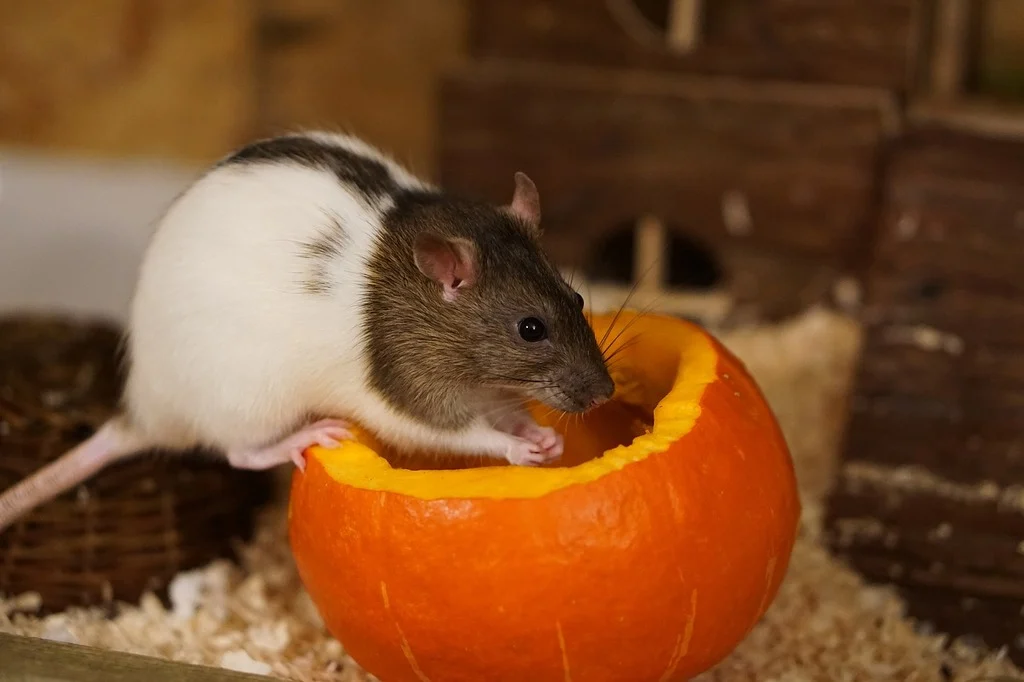
Rats are often unfairly labeled as dirty or simple-minded, but these rodents are among the most intelligent small mammals. Their cognitive abilities enable them to navigate complex mazes, memorize routes, and even show empathy towards their peers. This intelligence is why rats are frequently used in psychological studies to understand learning and behavior.
In a domestic setting, rats can be trained to perform tricks and solve puzzles, proving their mental agility. Their social nature also means they thrive in environments where they can interact with their humans or other rats. Rats use their intelligence to form bonds and establish hierarchies, displaying a level of emotional intelligence that is truly remarkable. So, never underestimate the brainpower of these small but mighty creatures.
10. The Ingenious Octopus
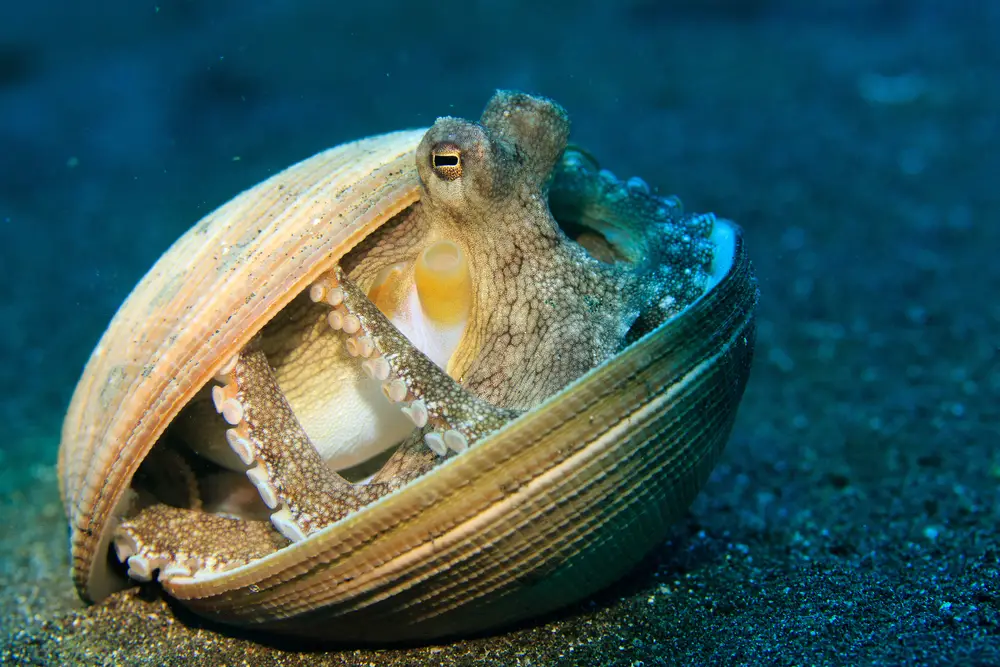
The octopus, with its otherworldly appearance, is one of the most intelligent invertebrates on the planet. They possess the ability to solve complex puzzles, escape enclosures, and even use tools. Their ability to adapt to new environments and situations speaks to an advanced understanding of their surroundings.
Octopuses have been observed mimicking other species’ behaviors, using this mimicry as a form of both defense and predation. Their intelligence extends to their social interactions, where they demonstrate a range of emotions and behaviors akin to more complex animals. In captivity, octopuses often engage with their human caretakers, showing signs of curiosity and problem-solving. So, while they might look alien, their intelligence is nothing short of extraordinary.
11. The Savvy Squirrel
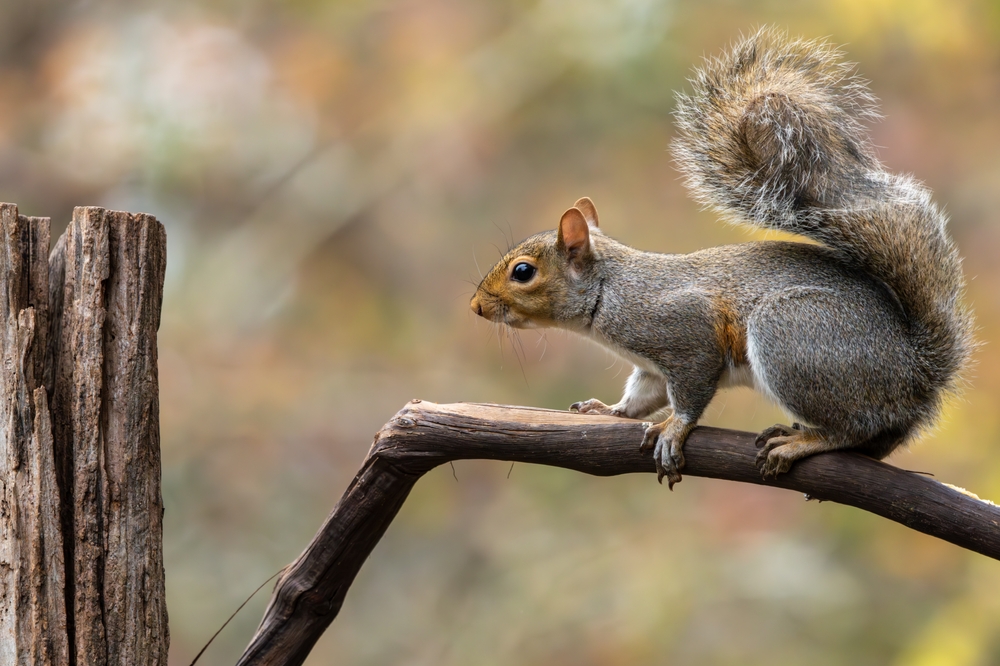
Squirrels may seem scatterbrained as they dart about collecting nuts, but they’re strategic thinkers. They practice deceptive caching, hiding fake caches to mislead potential thieves. Such cunning behavior requires a sophisticated level of spatial awareness and memory.
Despite their small size, squirrels demonstrate remarkable adaptability to human environments. They navigate urban landscapes with ease, finding food sources and evading predators. Their ability to remember the locations of their food stores ensures their survival through harsh winters. So, while they appear chaotic, squirrels are meticulous planners.
12. The Enterprising Elephant
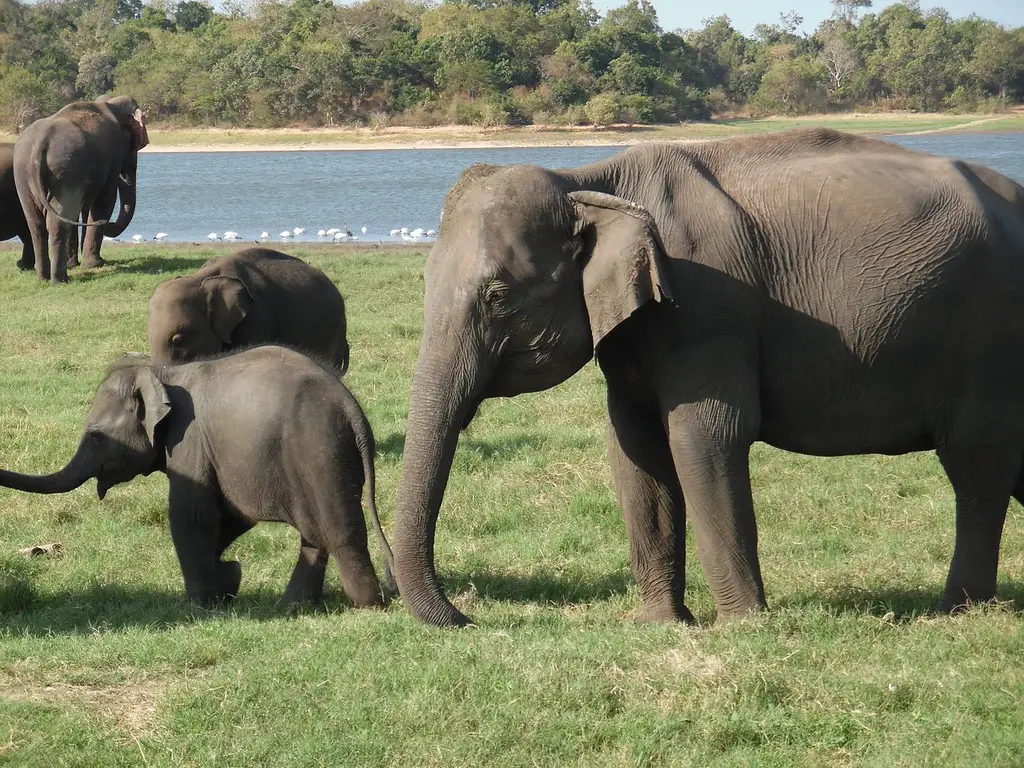
Elephants are renowned for their memory and emotional intelligence, often forming deep familial bonds. They exhibit complex problem-solving behaviors, from using tools to modifying environments to meet their needs. Their social structures are highly developed, with matriarchs leading tightly-knit herds.
In the wild, elephants demonstrate empathy, mourning their dead and celebrating births. Their ability to communicate over long distances with infrasonic sounds showcases their sophisticated social networks. In captivity, elephants have been known to perform tasks that require an understanding of human commands and collaboration. Their intelligence and emotional depth make them one of the most fascinating creatures on the planet.
13. The Astute Ant
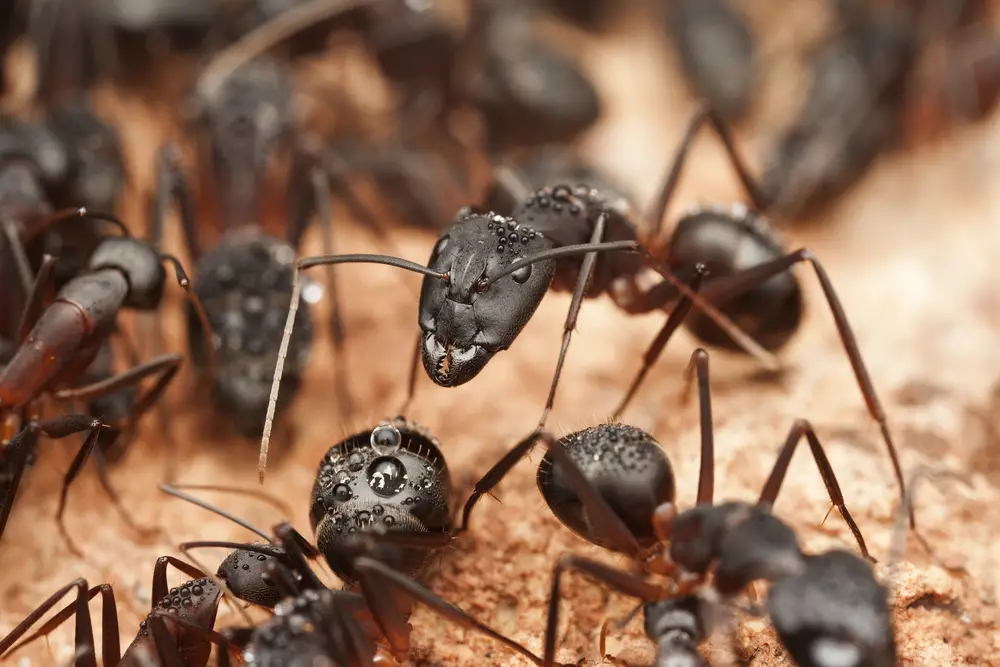
Ants might be tiny, but within their colonies lies a complex world of communication and organization. They exhibit remarkable problem-solving skills, often finding the shortest routes to food sources, a behavior known as the “ant colony optimization algorithm.” This ability to solve complex problems has even inspired computer algorithms.
Ants communicate using pheromones, coordinating their activities with incredible precision. They demonstrate teamwork and division of labor, ensuring the survival and success of their colonies. Despite their size, ants show a level of cooperation and intelligence that is astonishing. So, while they might go unnoticed, these industrious insects are masters of efficiency.
14. The Strategic Shark
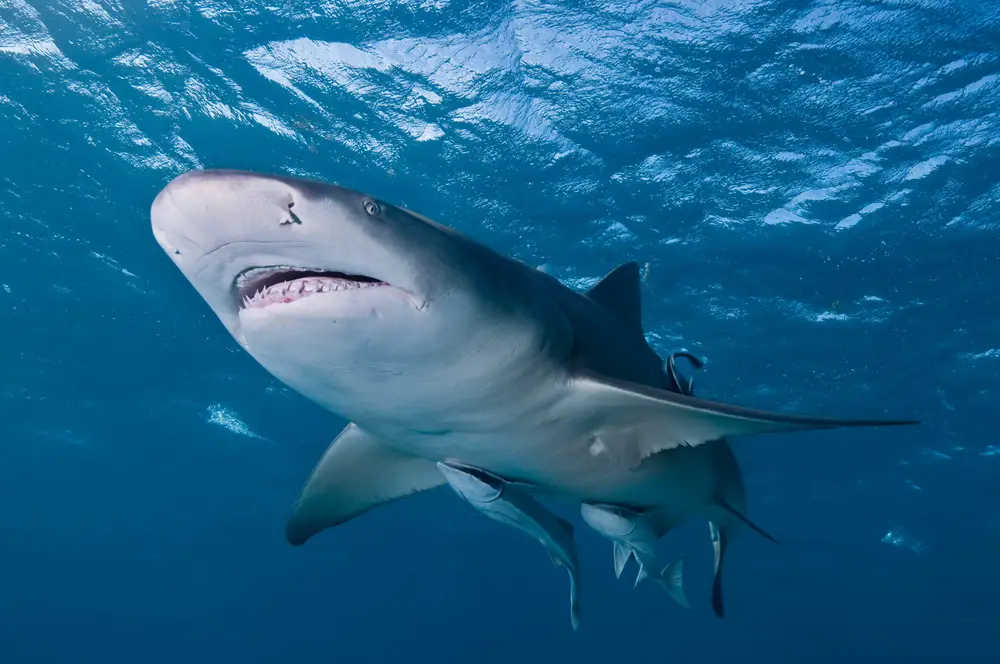
Sharks have been around for over 400 million years, evolving into some of the ocean’s most efficient predators. Their keen sense of smell, acute hearing, and highly developed lateral line system allow them to detect prey from considerable distances. They exhibit behaviors that suggest complex problem-solving abilities and social interactions.
In the wild, sharks have been observed engaging in coordinated hunting strategies, adapting their techniques based on the prey. This adaptive behavior indicates a level of intelligence that allows them to thrive in diverse marine environments. Despite their fearsome reputation, sharks are sophisticated creatures with intricate social structures. Their intelligence ensures their continued dominance in the marine food chain.
